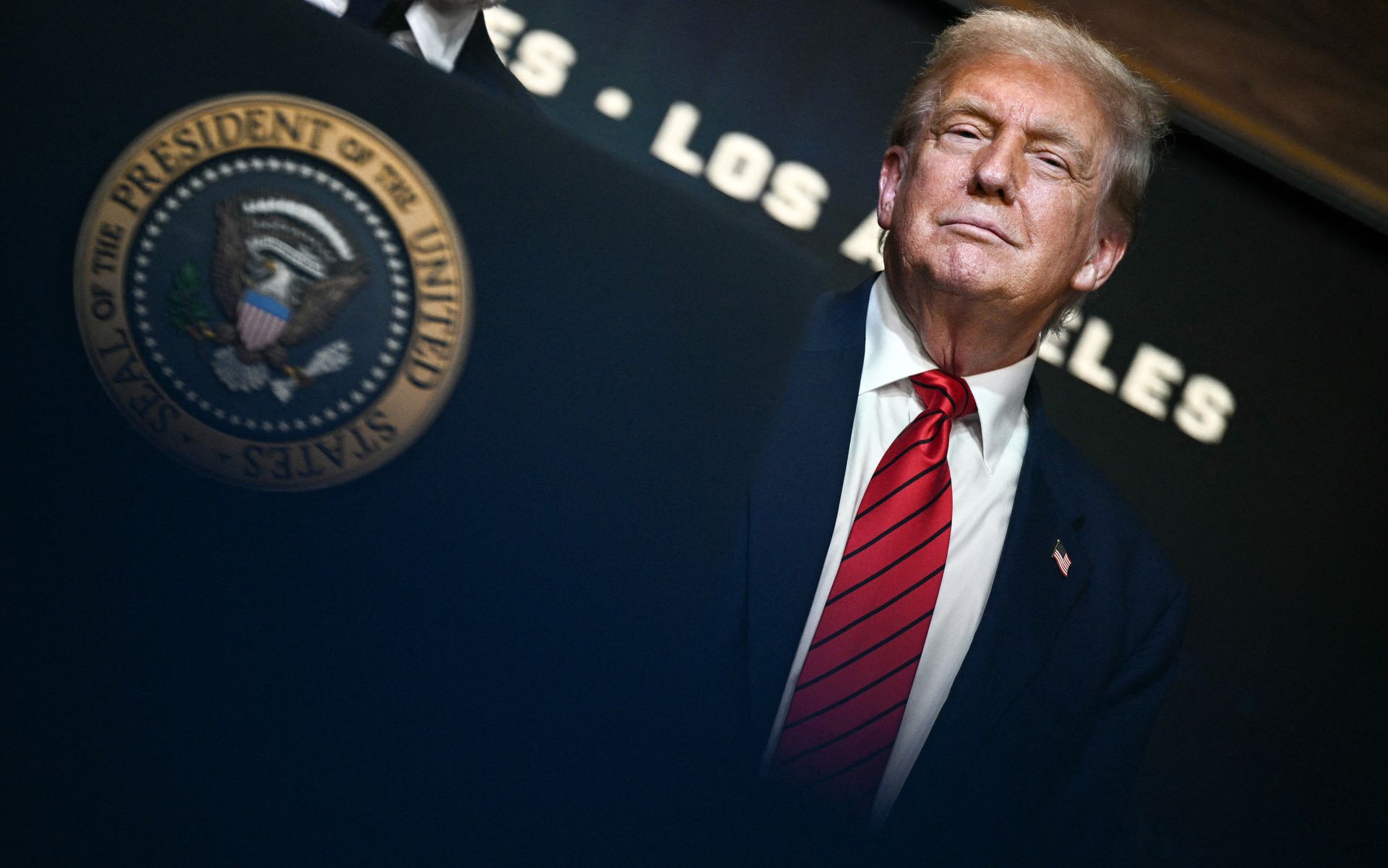'It's about economy' — US says tariffs may be forcing Putin to reconsider stance in Ukraine peace talks

Russian President Vladimir Putin may be trying to stall in peace negotiations with Ukraine, but the pressure of new U.S. tariffs appears to be shifting his calculus, U.S. State Department spokesperson Tammy Bruce told NewsNation on Aug. 6.
"I don't think anyone really plays President (Donald) Trump," Bruce said.
"But there are attempts sometimes to just tap players along, and we see that it's perhaps about gaining time and pushing things along for Putin. It's about the economy as well."
Bruce pointed to Trump's readiness to impose sweeping economic measures, including secondary tariffs, as a factor that may be influencing Putin's behavior.
"President Trump has made it clear that he's willing and capable of moving forward on some economic actions, secondary sanctions, or other direct sanctions as well," she added.
The statement comes as Trump is expected to meet Putin as early as next week and plans to host a trilateral summit with President Volodymyr Zelensky shortly after.
On Aug. 6, U.S. special envoy Steve Witkoff met with Putin as Trump's Aug. 8 deadline for Russia to reach a ceasefire with Ukraine approaches.
Trump initially issued a 50-day ultimatum on July 14, threatening "severe" tariffs unless a peace deal was reached within that window. On July 28, he signaled growing impatience, indicating that the timeline had shortened.
The U.S. president has already used economic pressure in an attempt to force Moscow into talks. On Aug. 6, he signed an executive order imposing a 25% tariff on imports from India, citing New Delhi's continued purchases of Russian oil.
The White House said the measure targets Russian oil sales that fund the Kremlin's war machine and warned that similar penalties may follow for other nations buying Russian crude.
The previous 25% tariff, announced on July 30 and effective from Aug. 1, was also directed at India for its energy and arms ties with Moscow.
Secondary sanctions proposed by the Trump administration would penalize countries and companies doing business with Russia by restricting their access to U.S. markets.
If third-party countries such as China continue purchasing Russian oil, their exports to the U.S. could face tariffs of up to 100%.
Trump, who had promised to broker a peace deal within 24 hours of taking office, has grown increasingly frustrated with what he described as Russia's delays in moving forward with peace talks.
The U.S. strategy aims to undercut Russia's primary revenue stream, its oil sector, which provides roughly one-third of the country's federal budget and remains critical to sustaining its war.











